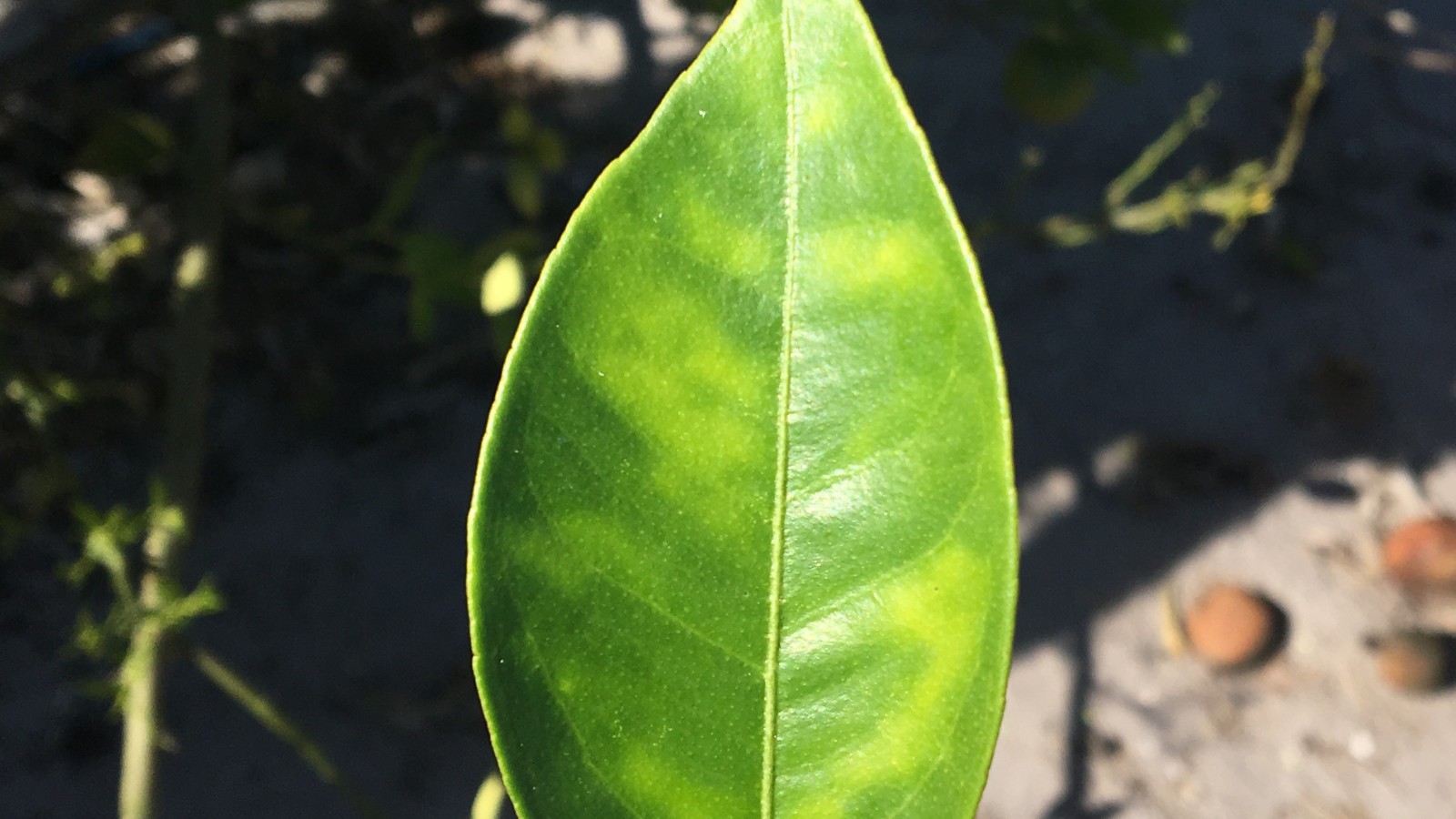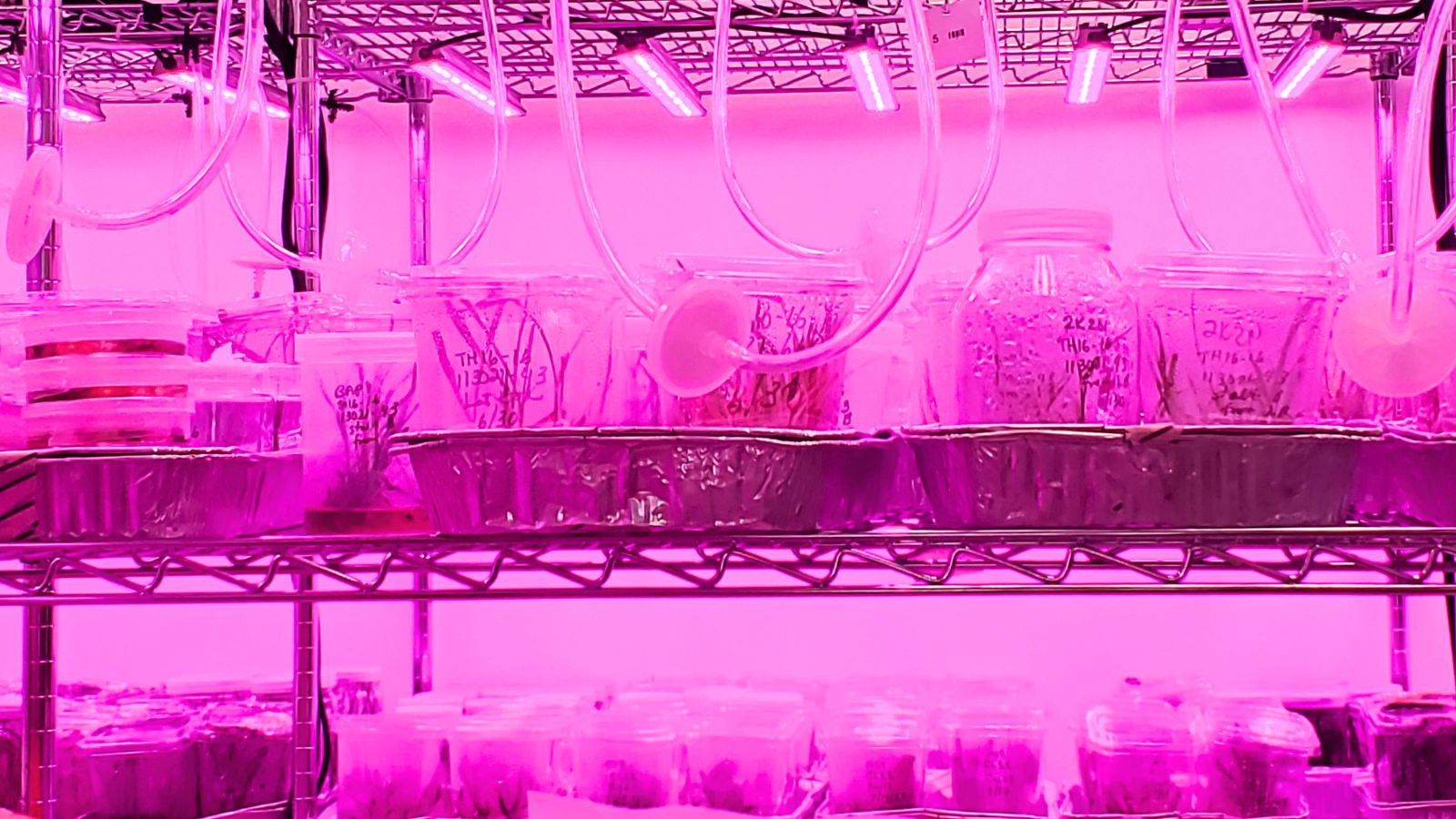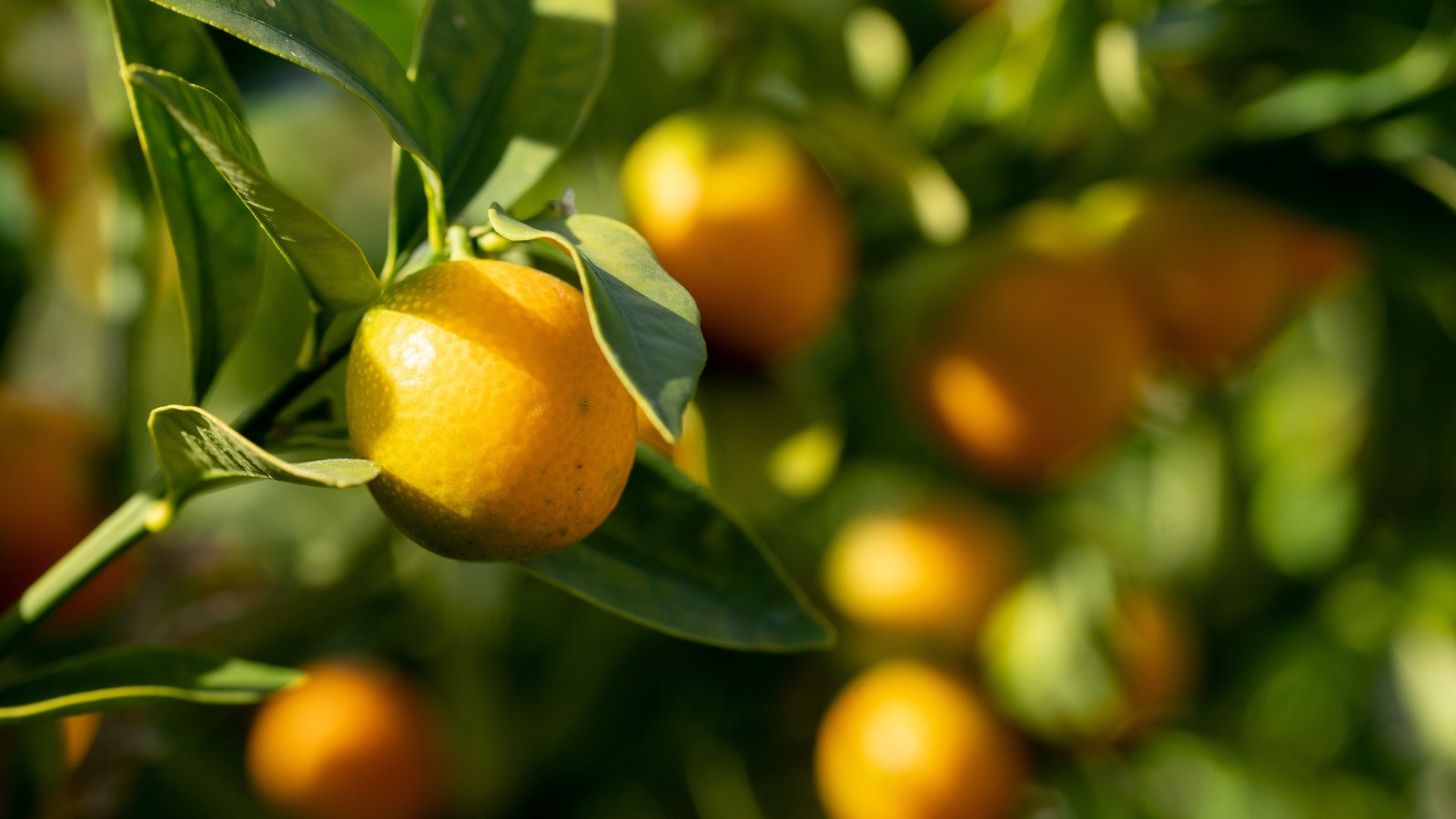Plant Pathology, Stress Biology, and Crop Improvement research

Developing innovative solutions for crop resiliency and improvement
Worldwide, emerging and endemic pathogens, pests, and abiotic stresses cause major losses to agricultural production and productivity. Our lab employs integrated approaches for basic and translational studies of crop stress responses relevant to Texas and U.S. agriculture. We are using the latest genomics and genetics tools to understand plant stress responses to diverse plant biotic and abiotic stress conditions, as well as improve crop cultivars’ stress resilience using genome editing, biotechnology, and breeding strategies.
Program Faculty and Staff

Kranthi Mandadi, Ph.D.
Associate Professor, Principle Investigator
Publications
A full selection of Dr. Mandadi’s publications is available at TAMU Scholars along with information about researchers and peer-reviewed publications across The Texas A&M University System.

Faculty

Faculty

Faculty
Research projects
Crop improvement through biotechnology and CRISPR-based genome editing.
Utilizing cutting-edge technologies for crop trait improvement Research funded by U.S. Department of Agriculture-National Institute of Food and Agriculture Hatch Act; Foundation for Food and Agricultural Research, Texas A&M AgriLife Research Project Description The goal is to utilize novel bioengineering and CRISPR-based genome editing technologies for crop improvement. To enable this, we have established plant…
Learn more Crop improvement through biotechnology and CRISPR-based genome editing.
Genomics and Genetics of plant stresses
Understanding genes and regulatory networks in plant stress responses and disease Diseases and abiotic stresses of vegetables, fruits, and commodity crops result in annual yield losses of US $300 million or more. Towards enhancing the stress resilience of crops, we are pursuing genetic and genomics-based characterization of diverse environmental and biotic stresses in citrus, potato, tomato,…
Fastidious plant diseases and plant-microbe interactions
Seeking solutions against pathogens that cannot be cultured for laboratory study Fastidious (unculturable) plant pathogens devastate several food and commodity crops. For instance, citrus greening or Huanglongbing disease, caused by a fastidious bacterium, Candidatus Liberibacter asiaticus, is inflicting approximately $3 billion in annual losses. Similarly, potato zebra chip disease, caused by CandidatusLiberibacter solanacearum, causes annual crop losses of…
Learn more Fastidious plant diseases and plant-microbe interactions



